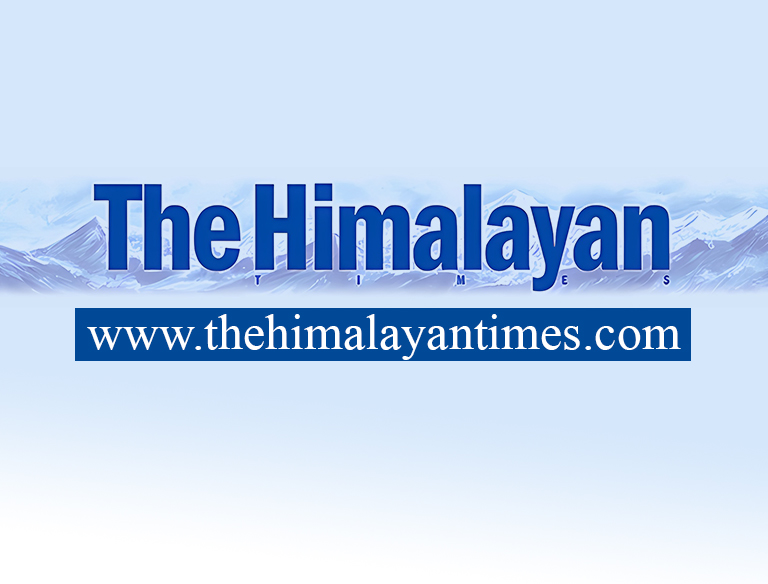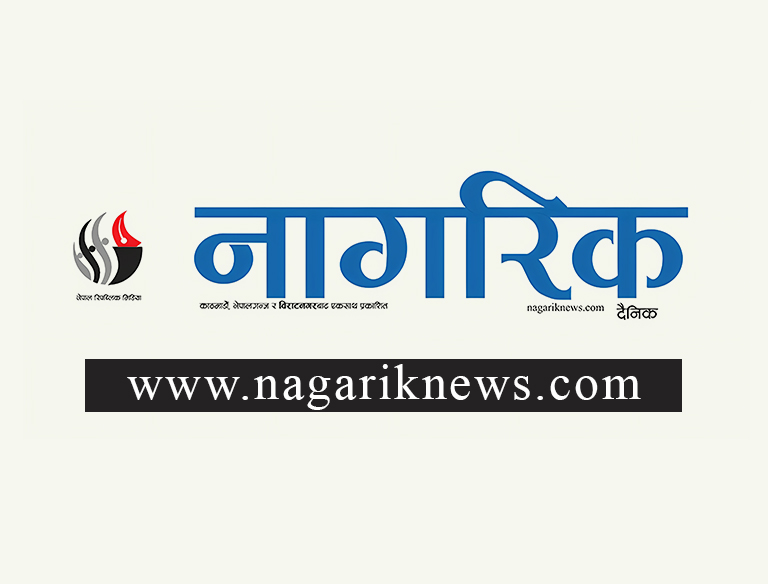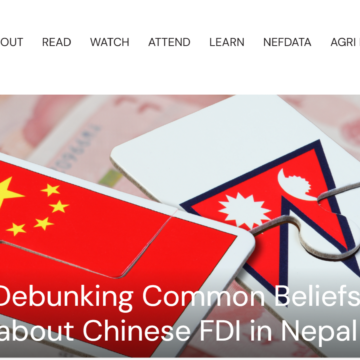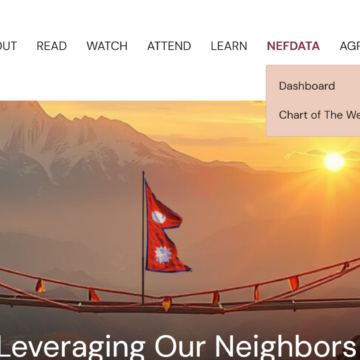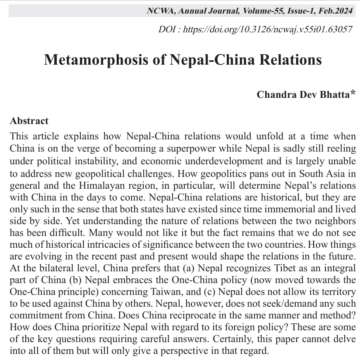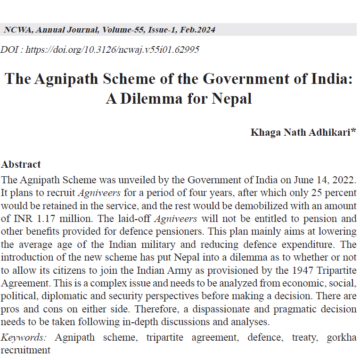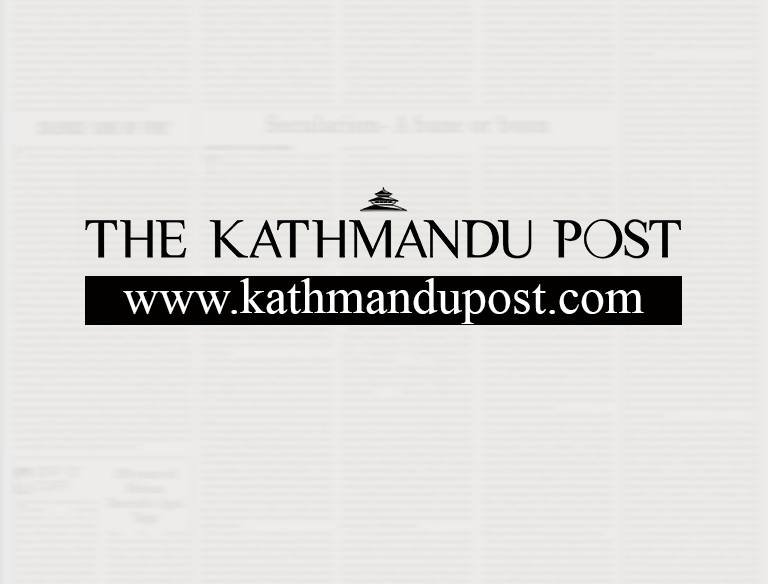Nepal’s neighbors, China and India, are at the forefront of the global power shift from the Atlantic to the Asia-Pacific region. As the world’s second and fifth largest economies, respectively, China and India are central to this transformation shaping the 21st century as the “Asian century.” Nepal’s Prime Minister KP Sharma Oli is on an...
Category: Geopolitics Analysis
PM Oli’s China Visit: A Balancing Act in Geopolitical Play
Due to the evolving geopolitical and geoeconomic situations, external assistance has now become more political and strategic than being purely economic. We cannot ignore the role of geoeconomic players who are playing in the economy of poor countries. Poor countries are finding it increasingly challenging to balance these power players and receive maximum assistance from...
Prime Minister’s visit to China: Opportunity to emulate his illustrious predecessors
Prime Minister K P Oli launched a four-day official visit to China on Monday upon the invitation of Prime Minister Li Qiang, leading a jumbo team of 78 persons. Debates are underway regarding the probable success or failure of this visit. Will it be like some of the visits in the past which are barely...
Exploring the Game-Changing Potential of Sports Diplomacy Between India and Nepal
Since the dawn of civilization, the intertwined paths of sports and diplomacy have played a pivotal role in shaping international relations, from the gladiatorial arenas of Ancient Rome to the inter-Hellenic competitions of early city-states. Share Resize Listen By Atul Koirala and Avanish PathakMay 6, 2024 at 9:00 AMSince the dawn of civilization, the intertwined...
Debunking Common Beliefs about Chinese FDI in Nepal
It is widely believed that China dominates Foreign Direct Investment (FDI) in Nepal. For instance, in 2021, Xinhuanet reported that “China remains the largest source of FDI for Nepal for 6 consecutive years”. However, a closer examination of foreign investments in Nepal paints a more nuanced picture. This research article examines Nepal’s FDI figures in...
Leveraging Our Neighbors
The visit of Nepal’s Prime Minister K. P. Sharma Oli to China has found a lot of coverage in Nepali and Indian press, but it is rare to read some good analysis. With most of the private media towing towards becoming the voice of the establishment, we read words like ‘historical’, and ‘unprecedented success’, but...
Korala Border: From Open Frontier to Unequal Divide
One of the oldest routes between Nepal and China, the Korala border exemplifies the evolving relationship between the two countries. Once an open border bustling with nomads, trade, and cultural exchanges, it has transformed into a regulated border that underscores the disparities between Nepal and its northern neighbor. But how did this transformation take place...
Metamorphosis of Nepal-China Relations
AbstractThis article explains how Nepal-China relations would unfold at a time whenChina is on the verge of becoming a superpower while Nepal is sadly still reelingunder political instability, and economic underdevelopment and is largely unableto address new geopolitical challenges. How geopolitics pans out in South Asia ingeneral and the Himalayan region, in particular, will determine...
The Agnipath Scheme of the Government of India:A Dilemma for Nepal
https://ncwa.org.np/wp-content/uploads/2024/03/ncwa-annual-journal-2024.pdf
Nepal-India ties | Idea of Nepal with Ranjit Rae
Rae was the envoy to Kathmandu during the promulgation of the 2015 constitution and the subsequent blockade. In this conversation, Rae talks about the evolution of Nepal-India ties since the blockade, regional geopolitics, what the two countries get wrong about each other, how New Delhi views Nepali communist parties and the governments they lead, and...


